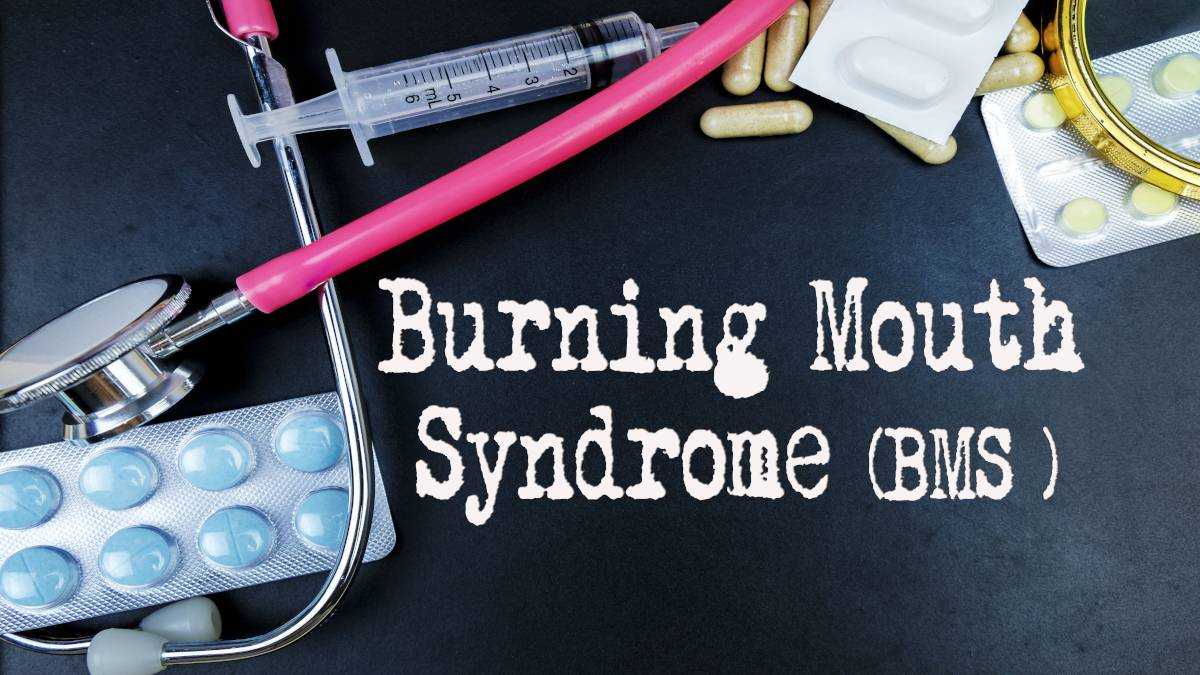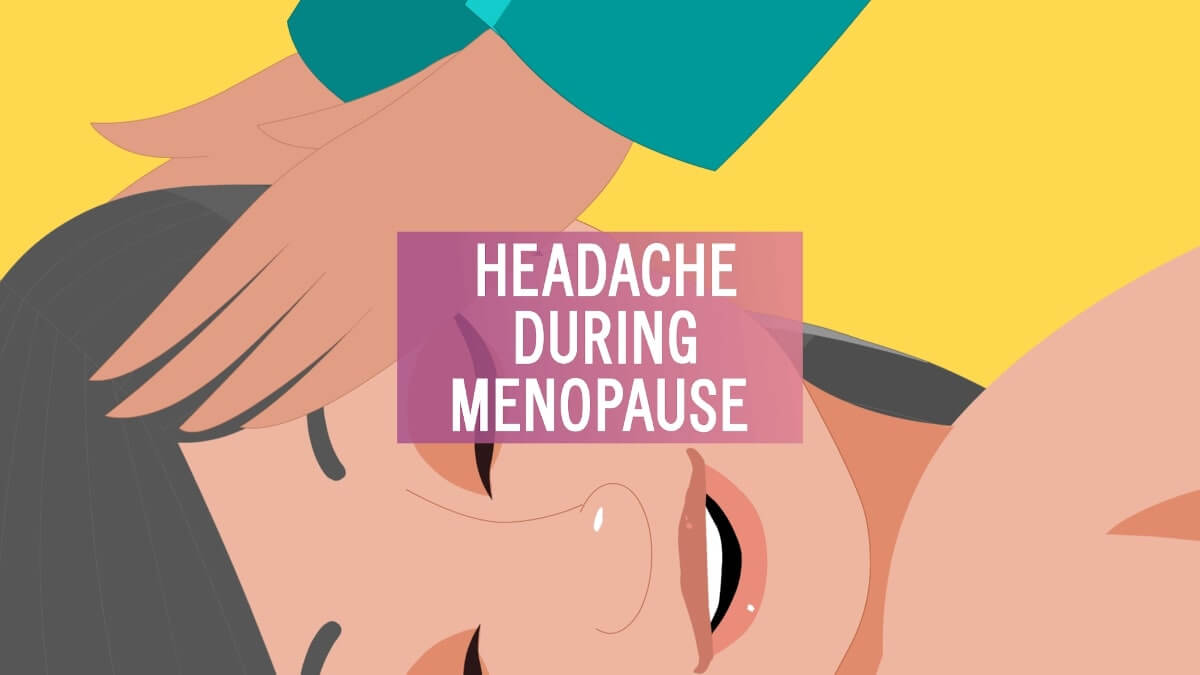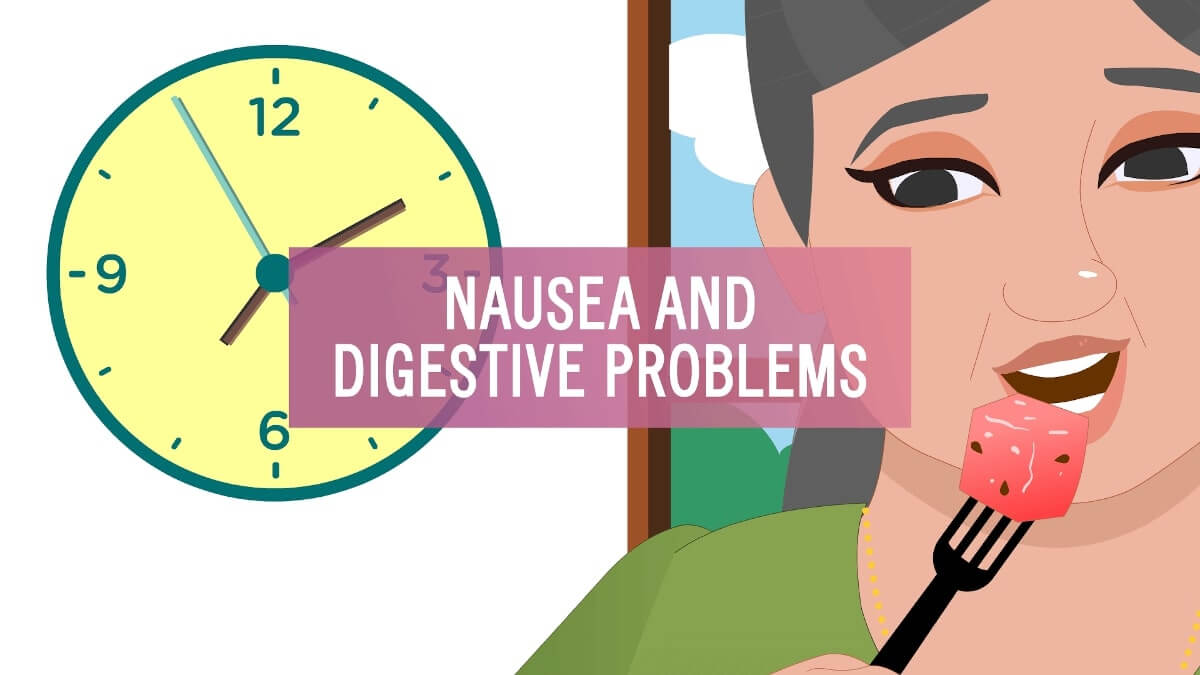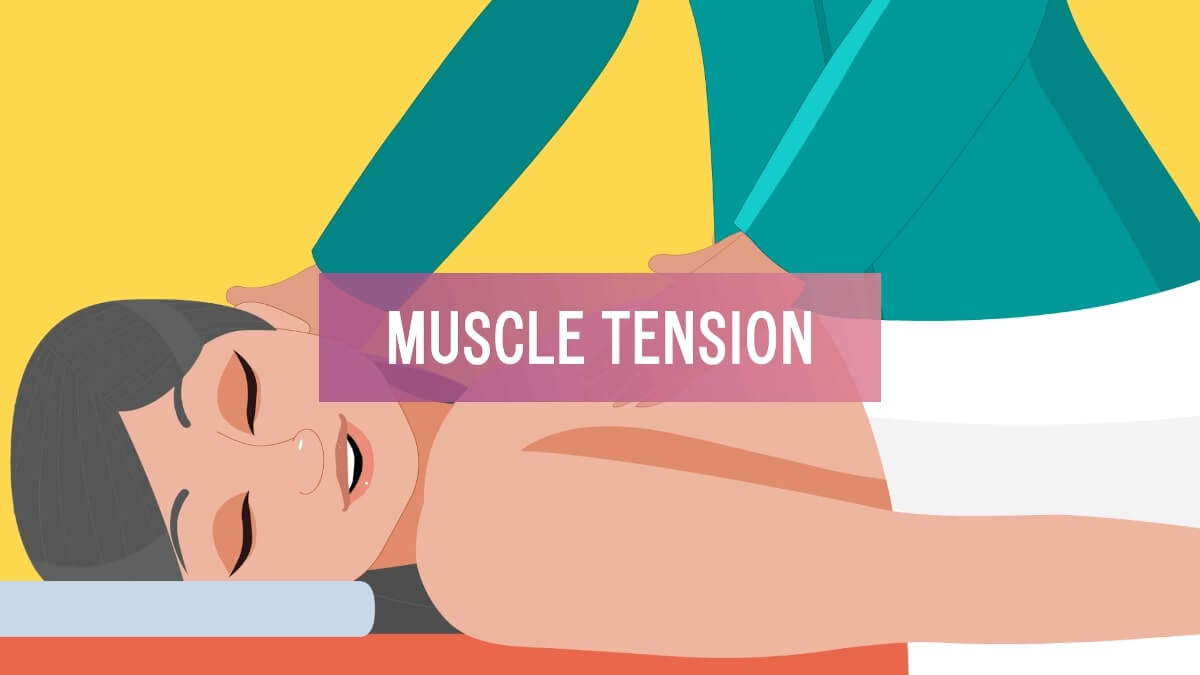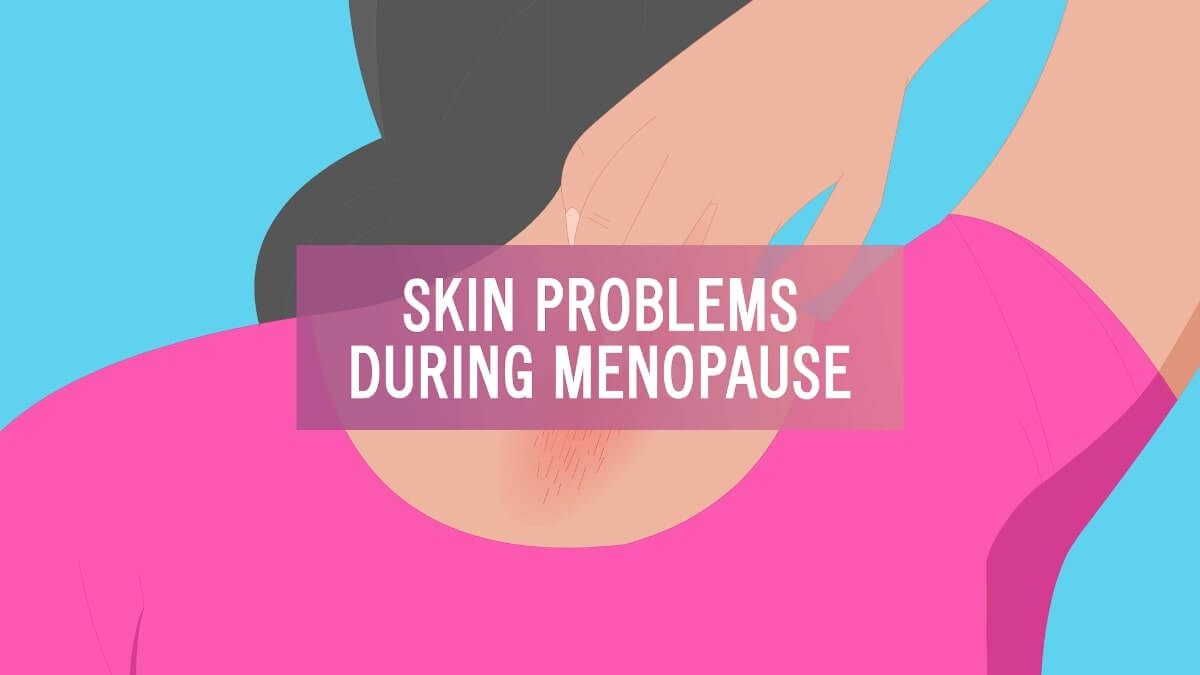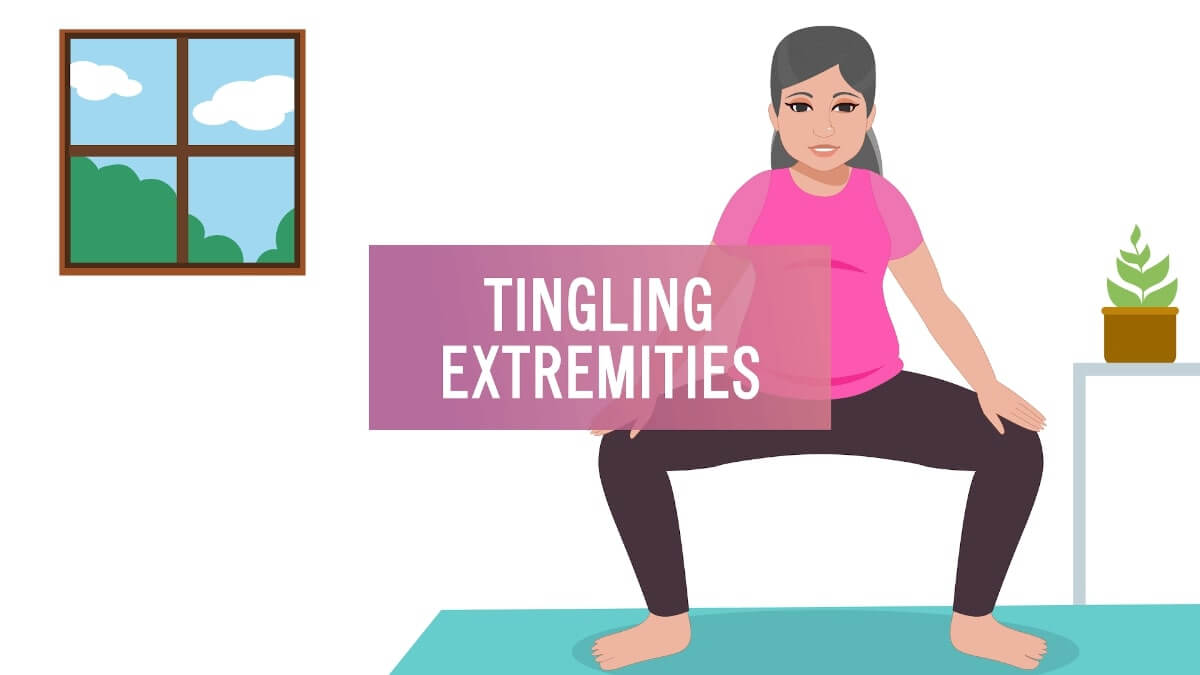Breast soreness related to perimenopause will feel different from the soreness that you may have felt at other times.
Does menopause cause breast pain?
Menstrual breast pain is a dull ache before periods caused by fluid retention. Perimenopausal breast pain is more likely to feel like burning or soreness. It may be sharp, stabbing, or throbbing.
Breast pain is a very common sign which can develop during the transition to menopause due to fluctuating estrogen and progesterone levels.
While postmenopausal women may also experience breast pain, it is more common in premenopausal and perimenopausal women.
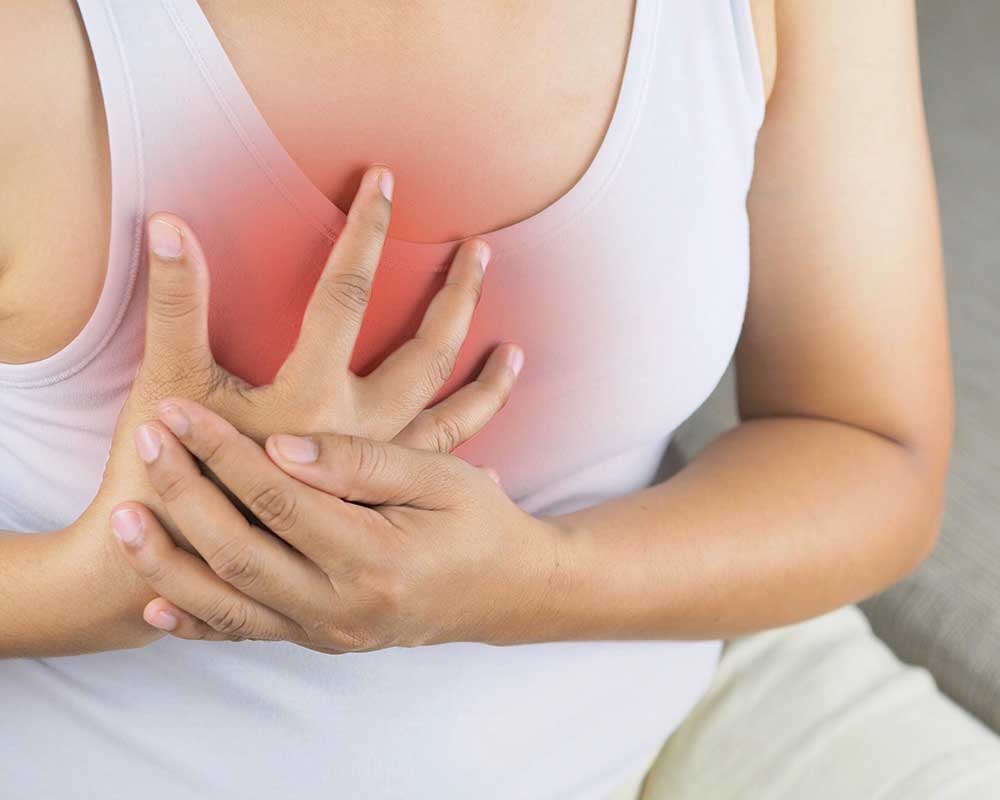
A common complaint among women, breast pain, affects up to 70% of women at some point in their lives. However, only a small proportion of these women, around 10%, will suffer from severe breast pain. This can have a significant impact on relationships, work, and daily life.
What is breast pain?
Medically known as mastalgia, mastodynia, and mamalgia – this is the general term used to indicate discomfort, tenderness, and pain in one or both breasts.
Symptoms may vary for each individual woman. In general, symptoms include tenderness, tension, pain, burning, swelling, dullness, and soreness. Symptoms may be consistent or intermittent and can affect either one or both the breasts.
What may cause breast pain?
The most common cause of pain in the breasts during menopause is hormonal change. As in all times of hormonal fluctuation (i.e., menstruation and pregnancy), menopause can alter estrogen and progesterone levels in the body. As a result, women can develop pain in their breasts.
While hormones are the most common cause of menopausal breast pain, other factors can cause or contribute to breast pain.
Look for any associated symptoms like:
– Nipple discharge
– Increase in breast size
– Any lump felt in the breast
– Redness
– Fever
– Skin changes
– Chest pain
Also, deficiencies in the diet may trigger breast pain.
Less common causes of breast pain
– Breast cysts
– Chest trauma
– Previous breast surgery
– Breast size – large breast size with poor-fitting bra
– Stress
– Alcoholism
– Mastitis
– Hormone replacement therapy
Diagnosis of breast pain
Although breast discomfort during menopause is not usually a cause for alarm, it is never a bad idea to talk about this symptom with a doctor. Although breast pain is rarely a sign of cancer, talking to a doctor to rule out breast cancer can do much to alleviate these concerns and help a woman determine the best way to manage breast tenderness.
Women who suffer from prolonged or unexplained breast pain, or additional symptoms that accompany it, should talk to a doctor to rule out rare but more severe causes of breast pain. A full physical examination will be carried out during a medical checkup. If you suspect something more serious, your doctor may order further tests like a mammogram or a sonomammogram.
Treatments for breast pain
Fortunately, several self-care measures and natural remedies can help relieve breast pain during menopause. With minimum or zero risks of side effects, self-care can include avoiding the triggers in diet and lifestyle; regular exercise, massage, and relaxation techniques can help. Limit intake of caffeine, chocolate, and avoid smoking as these may be triggers. Some people turn to natural remedies like Vitamin B, Vitamin E, Evening Primrose Oil(Omega-6 fatty acids), Omega-3 fatty acids like fish oil supplements, and acupuncture but research does not support these alternative treatments. Reduce intake of saturated fats and salt. Wearing the right size supporting bra can prevent breast pain, especially when you work out. Warm water showers and pain killers like NSAIDs can relieve breast pain.
Menopausal breast pain will generally go away with time. Breast pain is unlikely to begin after menopause is attained.
Special thanks to Dr Preeti Deshpande M.S.(OBGY), FICOG, Endoscopy Training IRCAD (France) for the expert advice.


